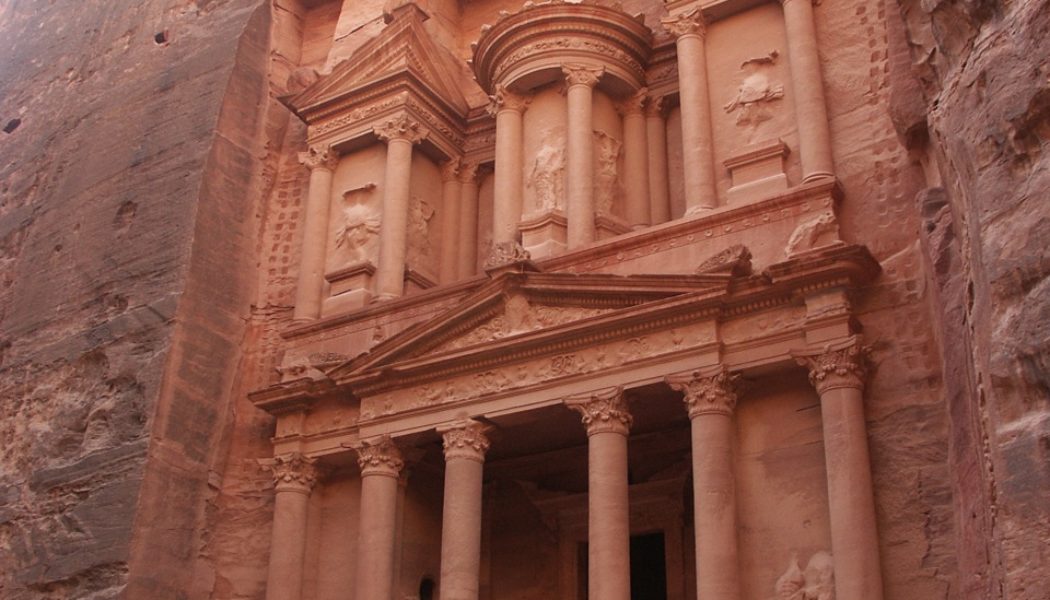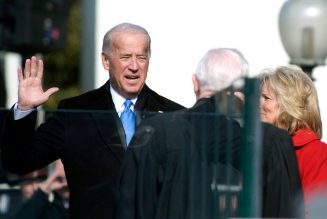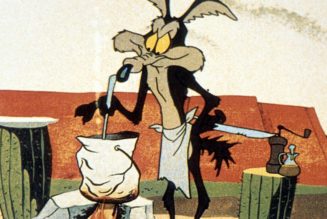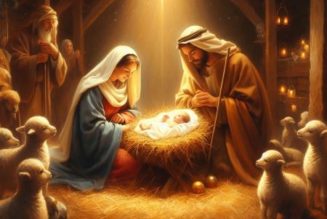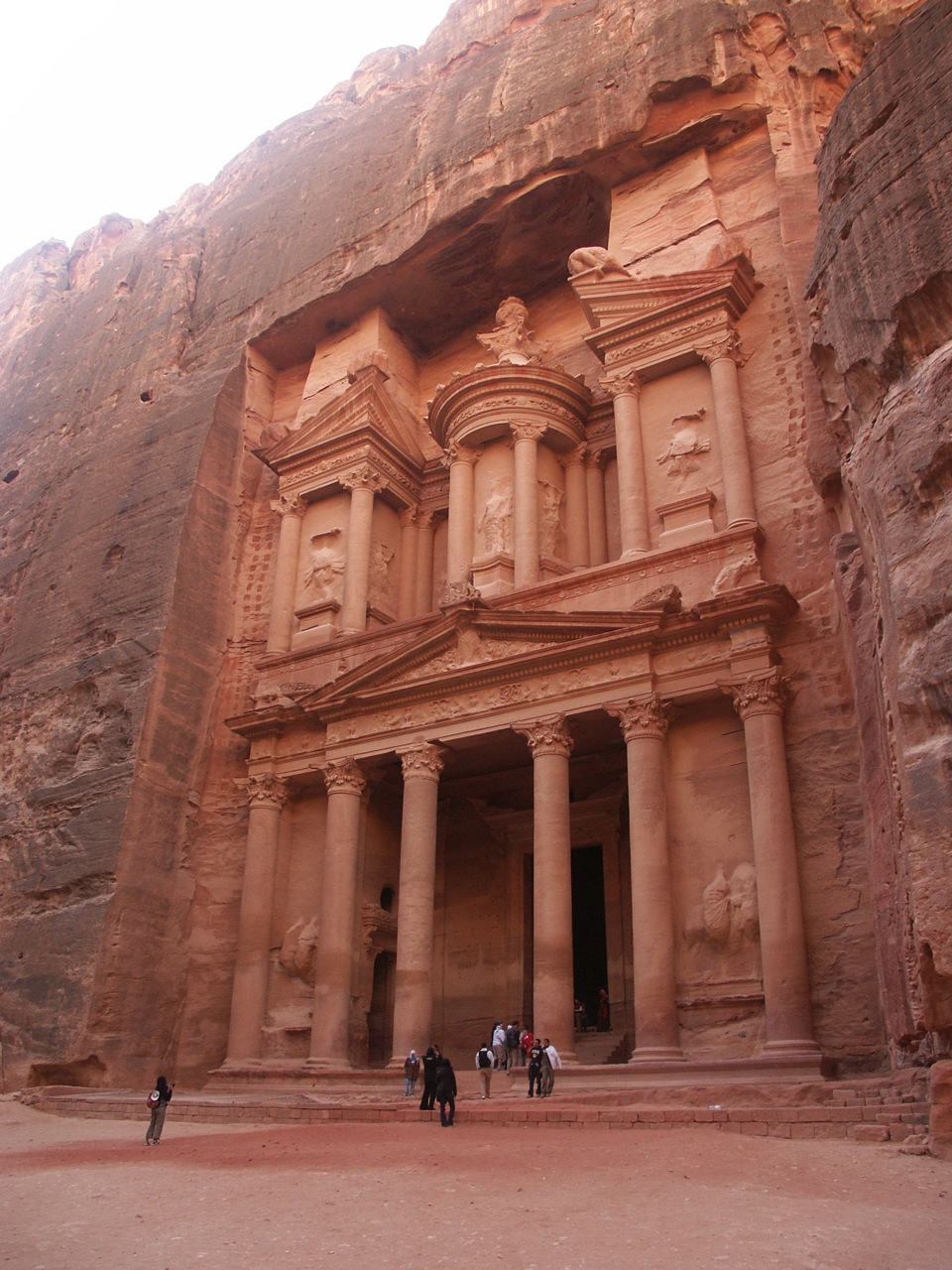
My book The Mystery of the Magi was published a few years ago, and in it I made two astounding claims: First, that the Magi really did exist. The story is not a fairytale invented by the early church. Second, that the Magi came from the neighboring kingdom of Nabatea–that is the trading nation that occupied present day Jordan, Syria, Saudi Arabia, Yemen and the horn of Africa. Here are some bullet points that make my case:
- Matthew says the were “From the East”. In the Old Testament “the people of the East” are nearly always the various tribes that inhabited the Arabian peninsula. “The people from the North” were the Babylonians–Persia–at the time of Christ’s birth the Parthians.
- Matthew was writing to Jews situated in Judea. “The East” for them would have been shorthand for Arabia NOT Persia.
- Only when the center of the Church moved North and West after the fall of Jerusalem in 70 AD would “The East” have been thought to be Persia/Babylon/Parthia.
- The Magi were historically a caste of shamans, astrologers, scholars and “wise men” from Babylon, but by the time of Christ’s birth they had been diffused across the ancient world so that Matthew uses “Magi” as a generic term for sapient counselors to a royal court. Most kings in the ancient world had their astrologers, fortune tellers, dreamweavers and magicians.
- We know from archeology that the Nabatean religion was astral. Their temples were aligned to the stars and solar movements and a stone carved zodiac was uncovered at the Nabatean temple of Khirbet et Tannur. The Nabatean Magi were stargazers
- The Nabatean religion was a blend of Judaism, the religion of the nomadic Arabian tribes and Babylonian religion including Zoroastrianism. All three religious strands had predictions of a coming Messiah. The Nabatean Magi would have known the Zoroastrian prophecies as well as the prophecies of the Jewish scriptures.
- The Nabateans were a trading nation–taking goods from the ships that docked in Yemen and hauling them in their camel caravans across the Arabian desert to the Mediterranean port of Gaza and West to the rest of the Roman Empire. They also ran trade routes South into Africa and North into Syria and Parthia. They were thus representative of “every nation” as prophesied in Isaiah 60.
- The prophecies of Isaiah 60 and Psalm speak of the nations of Sheba, Midian coming to pay homage to the Messiah. Sheba is present day Yemen. Ephah and Midian were Arabian tribes. The prophecy also speaks of “the ships of Tarshish and the isles”. We are not certain where Tarshish was, but many think it was in Spain while others identify it with Ceylon and South India. Both the extreme west of Spain and India and China to the East would have been trading partners with the Nabateans.
- In the ancient world, as today, rulers would make diplomatic visits to neighboring kingdoms on special occasions like a marriage, a peace treaty or the birth of an heir to the throne. During these visits they would present luxurious gifts that were representative of their country. The finest gold in the ancient world was mined in West Arabia and the Horn of Africa (thus the “gold of Sheba” in the prophecy) Frankincense and myrrh are refined from the sap of bushes that only grow in the Arabian peninsula and Northeast Africa. Thus the three gifts were representative of the home country of the Magi.
- The Parthian king Phraates IV was a vulgar and violent barbarian who wouldn’t have given two hoots about some Jewish Messiah. It is very unlikely that he would have sent emissaries to Judea
- Phraates IV, at the time of Christ’s birth, had made a treaty with Rome not to come East of the Euphrates. This precluded a diplomatic trip to Judea
- The Nabatean king Aretas IV (the “treasury” at Petra illustrating this post is his tomb) needed access across Southern Judea to the Port of Gaza which was controlled by Herod the Great. Aretas had every motive to keep Herod sweet, so when his Magi advised him that they had discerned from their stargazing that there was a newborn king of the Jews, he figured Herod had a new grandson so he sent the diplomatic mission to pay Herod a visit and present gifts. Herod’s mother was a Nabatean princess and he had spent his childhood in Petra so there were already links between Herod’s Judea and Aretas IV’s Nabatrean kingdoms.
Learn more about the Nabateans and the identity of the Magi here.
Share This Story, Choose Your Platform!
Join Our Telegram Group : Salvation & Prosperity
